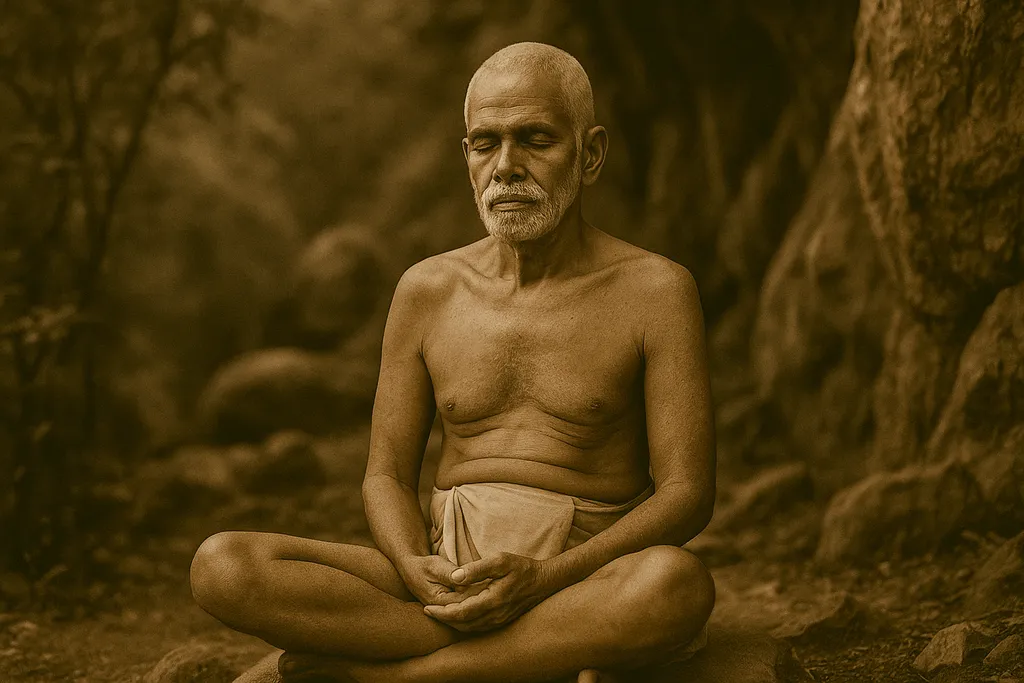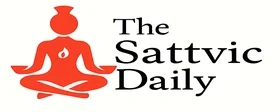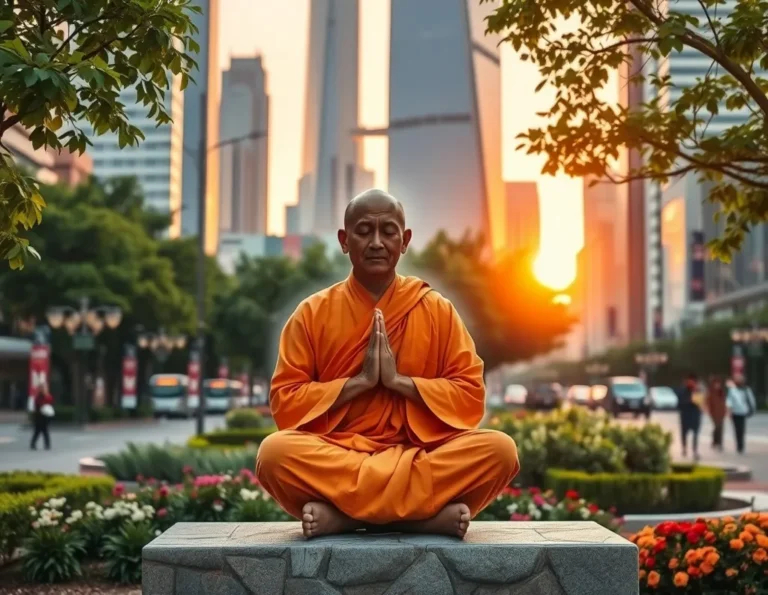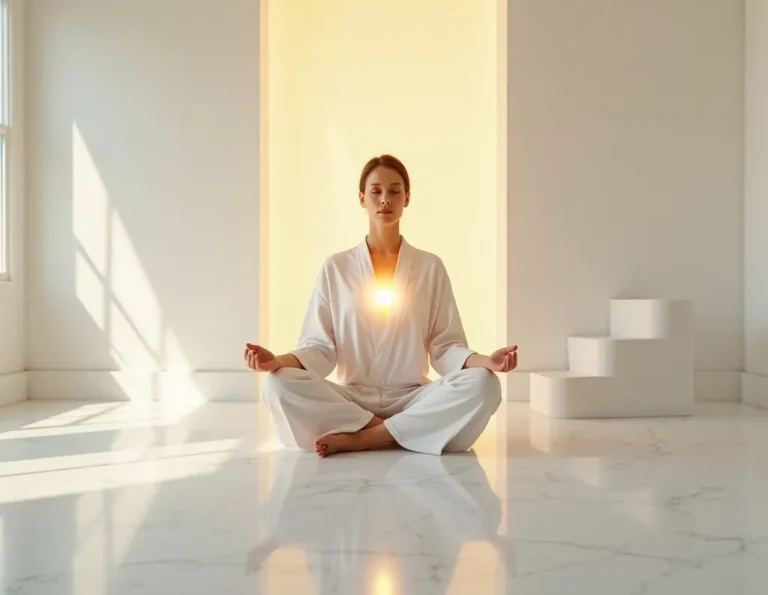🧘 What Is Self-Inquiry? The Yogic Art of Inner Questioning
🧘♀️ Self-inquiry (Atma Vichara) is the ancient path of turning inward to find your true Self.
🌱Popularized by Ramana Maharshi, this practice goes beyond thought and belief.

🪷 If you’re tired of chasing identity in roles, titles, and emotions—this question will transform your life.

📜 Atma Vichara: Rooted in Vedanta, Alive in Today’s Inner Quest
In Advaita Vedanta, Atma Vichara (आत्म विचार) means “inquiry into the Self.” It is the direct path to self-realization by asking:
“Who am I, really?” — Ramana Maharshi
Self-inquiry isn’t an intellectual exercise. It’s a piercing attention that dissolves illusion and ego.
It was revived in the 20th century by sage Ramana Maharshi, who taught that:
|
🕉️ Ancient Insight |
💼 Modern Relevance |
|---|---|
|
The Self is never born and never dies. |
Your deepest peace isn’t in doing, but in Being. |
|
The ego is a bundle of thoughts. |
Most burnout comes from false identity and over-effort. |
|
Silence reveals the Self. |
Turning inward quiets modern chaos. |
🛠️ Yogic Tools for Self-Inquiry
🌍 Self-Inquiry Across Spiritual Traditions
Self-inquiry isn’t limited to Vedanta—it echoes throughout mystical traditions:
|
Tradition |
Self-Inquiry Practice |
|---|---|
|
Zen Buddhism |
Koan: “What is your original face before you were born?” |
|
Sufism |
“Die before you die”—a dismantling of ego through divine remembrance |
|
Christian Mysticism |
“Be still and know that I am God.” (Psalm 46:10) |
|
Indigenous Shamanism |
Vision quests to discover one’s truest essence |
📰 Insights on Karma & Jnana Yoga
Discover blog posts, real-life applications, and Gita-based practices to help integrate Sattvic work into your career and lifestyle.
-
Ancient Wisdom for a Modern World: Where They Align
Eastern philosophies like Vedanta offer clarity in today’s chaos. From mindfulness to meaning—discover where old and new converge.
-
Who Was Ramana Maharshi? A Modern Introduction
Through silence and the question “Who am I?”, he pointed to your true Self. Let’s meet the Arunachala saint who taught non-duality through stillness.
-
What Is Non-Duality in Simple Terms?
Non-duality means there is no true separation—everything is One. It’s not just philosophy—it’s a shift in how you see reality.




